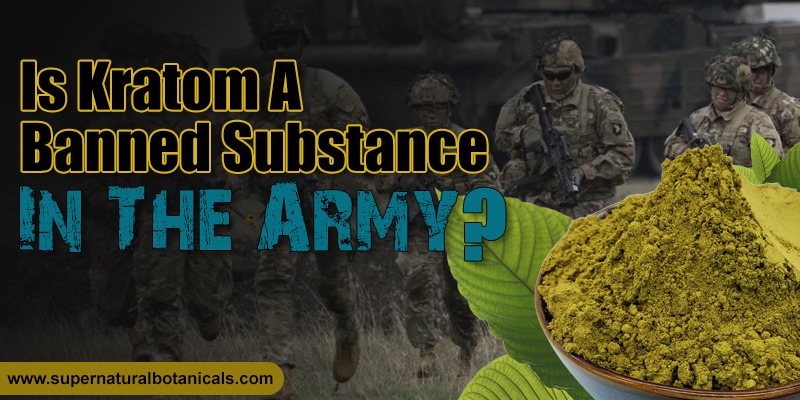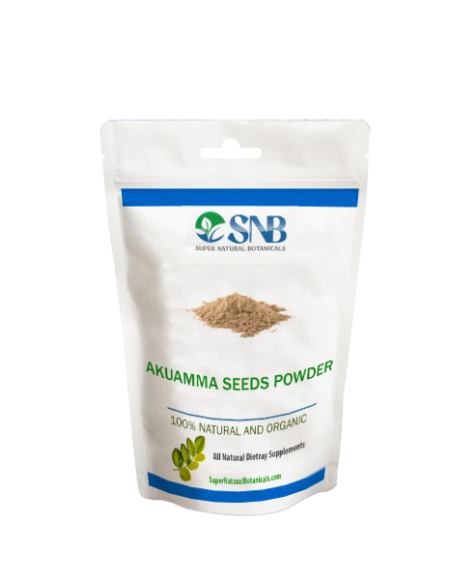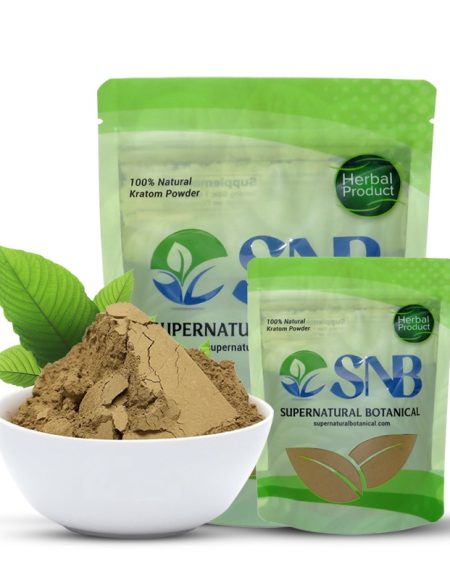Kratom, a natural supplement made from the leaves of the Mitragyna speciosa tree, is known for its calming and relaxing effects. Civilians commonly use it in the USA to boost energy, improve focus, and manage everyday discomfort.
While kratom is legal in many states and is not classified as a controlled substance under federal law, the US Army follows stricter rules. Since 2014, the Department of Defense has banned its use among all service members.
Table of Contents
Standard 5-panel and 12-panel drug tests usually don’t detect kratom, but more advanced tests can. This raises an important question: Is kratom a banned substance in the Army, and why is it so?
Understanding Kratom Usage
Kratom has been used for centuries in Southeast Asia to reduce fatigue, support productivity, and promote relaxation. In recent years, it has become increasingly popular in the United States for similar reasons.
People often take kratom as a powder, capsule, tea, or liquid extract. Its effects depend on the dose and are driven by two active compounds: mitragynine and 7-hydroxymitragynine. These substances affect brain receptors to produce mild stimulation, mood enhancement, or calming effects.
At the federal level, kratom is legal in the USA. However, six states — Alabama, Arkansas, Indiana, Rhode Island, Vermont, and Wisconsin — have banned it altogether. Some counties and cities in otherwise legal states also have local restrictions.
Although kratom remains unregulated by the FDA and isn’t approved for medical use, it’s still sold widely. The lack of regulation means quality and strength can vary by brand. Agencies such as the FDA and DEA continue to monitor it due to safety and dependency concerns closely.
What Do Army Policies Say About Kratom?
The Department of Defense (DoD) clarified its stance on kratom in 2014. It added kratom to the official list of banned substances for all active-duty military members. This ban applies to all the branches of the military, including the Army, Navy, Air Force, Marine Corps, Coast Guard, and Space Force.
Each branch has its policy, but the rules are consistent: kratom use is not allowed under any circumstances. For example, the Army’s “Prohibited Substances” list includes kratom along with other herbal and synthetic substances. The Air Force also released official guidance warning airmen about the risks and consequences of using kratom. Even if a product is sold legally in stores or online, that does not make it acceptable for military personnel.
Why is Kratom a banned substance in the army?
One major concern is that kratom affects the brain through two main compounds: mitragynine and 7-hydroxymitragynine. These compounds can slow reaction time, decrease alertness, and impair coordination. In military settings like army, these side effects can be dangerous.
Quick thinking and full focus are required at all times, especially during training, operations, or emergencies. Even small impairments can lead to serious mistakes. The U.S. military sees this as a risk to safety and readiness.
Secondly, regular kratom use may also lead to dependence. Withdrawal symptoms can include anxiety, muscle pain, and trouble sleeping. These issues affect both physical and mental performance.
Does the Army Test for Kratom?
Kratom is not included in the substances typically tested for in standard army drug tests. The most commonly used tests—5-panel and 12-panel screenings—are designed to detect drugs such as THC (marijuana), cocaine, amphetamines, methamphetamines, PCP, and opioids. Since kratom’s active compounds, mitragynine and 7-hydroxymitragynine, are not included in these standard panels, routine testing usually won’t identify kratom use.
However, this does not mean service members are completely safe from detection. The army has the authority to order targeted or advanced testing if there is suspicion of drug use. These specialized tests can detect kratom and are typically used when a commander, medical provider, or legal authority suspects substance abuse. The army also uses random testing and may update its testing methods to include substances of concern.
Why Doesn’t the Army Test for Kratom Often?
These tests are more expensive and less widely available compared to standard 5-panel or 12-panel drug tests. Because of the higher cost and complexity, the army generally orders them only when there is reasonable suspicion of kratom use or as part of a targeted investigation.
How Long Can Kratom Be Detected?
The amount of time kratom stays in the body. It can be detected varies depending on several factors, including the individual’s metabolism, dosage, frequency of use, and the type of test administered.
Urine Tests
Kratom is most commonly detected through urine testing. For occasional users, mitragynine can be detected in the body for up to 3 to 5 days. In heavy or frequent users, the detection window can extend to 7 to 9 days. This is the preferred method for most drug screenings due to its balance of accuracy, convenience, and cost.
Blood Test
Kratom’s active compounds remain in the bloodstream for a shorter period, typically 24 to 48 hours after ingestion. Blood tests are more invasive and usually reserved for specific cases, such as investigations of recent substance use or impairment.
Hair Tests
In theory, hair testing can detect drug use for up to 90 days or more. In the case of kratom, the reliability of this method remains uncertain. Limited research exists on how effectively mitragynine and 7-hydroxymitragynine bind to hair follicles, making this a less commonly used and less trusted option for detecting kratom use.
Additionally, factors such as hydration, liver function, body mass, and other health conditions can influence how long kratom stays in the system. Due to this variability, the military may rely on advanced laboratory testing when accurate detection is crucial.
Consequences of Testing Positive for Kratom in the Army
If an army member tests positive for kratom through specialized drug tests, the consequences can be serious.
Security Clearance at Risk
Military jobs that involve sensitive information require a security clearance. This clearance is only granted to individuals who adhere to all rules and demonstrate responsible behaviour. If you use kratom—even once—and it is discovered, you could lose your clearance. Without it, you may be removed from your position or reassigned to a lower-level role.
Labeled as a Drug User
A positive drug test for kratom can lead to being labeled as a substance user. This label may follow you throughout your career. You might be required to take part in drug education or rehab programs, even if you don’t have an addiction. You may also be subject to additional monitoring or regular testing.
Blocked Promotions and Deployments
Commanders want service members who are dependable and fully alert. If you’re caught using kratom, they may see you as a risk. You could be passed over for promotions or leadership roles. You may also be removed from deployment lists or reassigned to non-combat or low-responsibility units.
Reputation Damage
Even if you avoid discharge, the effects on your reputation can last. Fellow service members and leaders may lose trust in your judgment. This can make it harder to be part of a strong team or get support for your goals.
Loss of Military Benefits
In serious cases, kratom use could lead to separation from the military. If you’re discharged under less-than-honourable conditions, you may lose access to important benefits, like the GI Bill, retirement plans, or VA health care. A dishonourable or general discharge can also impact job opportunities after military service.
Ultimately, even a single incident involving kratom can have long-lasting consequences for a military career.
Advice for Service Members
Avoid Kratom Completely
The best choice for army members is to stay away from kratom. Even if it’s legal in your state, it’s still banned by the military. Using it—even once—can put your career, benefits, and reputation at risk.
Know What’s in Your Supplements
Some supplements may contain kratom without clearly listing it. Always read the label and buy from trusted sources. When in doubt, don’t take it. Look for products certified by third-party testers to ensure they are safe for military use.
Follow Military Drug Policies
Every branch has strict rules on banned substances. Ensure you are familiar with your service’s official list. Check updates regularly. Just because a product is sold in stores doesn’t mean it’s okay to use while in uniform.
Talk to a Medical Professional
If you’re using kratom to manage stress, pain, or fatigue, talk to a military doctor or counselor. There may be safer, approved treatments available. Self-medicating can cause more harm than good.
Use Military Support Resources
If you are facing challenges with substance use, know that you are not alone. The military offers various support programs, including behavioural health clinics, chaplain services, and substance abuse counselling. Asking for help is not a weakness—it’s a smart and responsible step.
Think Long Term
A short-term decision like using kratom can have long-term consequences. Consider your goals, family, and future. Staying clean keeps you on track and ready for every opportunity the military has to offer.
FAQs – Is Kratom a Banned Substance in the Army?
Is kratom legal for military veterans?
Kratom remains legal for civilians, including military veterans, in most states. However, veterans who are still on active duty or part of the National Guard must follow Department of Defence rules, which ban kratom use. Veterans should also be cautious because kratom can interact with medications prescribed for PTSD or pain management.
Can kratom affect a service member’s fitness for duty?
Yes, kratom use can impair cognitive function, coordination, and reaction time. These effects could negatively impact a service member’s ability to perform duties safely and effectively. Even if kratom isn’t detected in routine tests, its influence on performance is a concern for military leadership.
How does kratom interact with other substances or medications?
Kratom can interact with prescription drugs, alcohol, and other substances, potentially causing harmful side effects. This is especially risky for army personnel who may be prescribed medications for physical or mental health conditions. Mixing kratom with other substances increases the risk of adverse effects.
Are there support resources for military members struggling with kratom use?
Yes, military members who struggle with substance use, including kratom, can access support through military medical facilities, counseling services, and substance abuse programs. Confidential help is available to assist service members in quitting and managing withdrawal symptoms.
Has the military updated its policy on kratom recently?
As of 2025, the Department of Defense has maintained kratom on its list of prohibited substances without major changes. The military continues to monitor emerging research but enforces the ban strictly to maintain readiness and safety.


Evelyn is an avid enthusiast of kratom. She is heavenly driven by a passion for alternative remedies and natural wellness solutions. With a background in pharmacology, she dedicates herself to staying at the forefront of research and developments in the field.
As a writer and content creator, Evelyn produces informative articles, blog posts, and videos, covering a wide range of topics that includes benefits, risks, usage tips, and the latest research findings. She aims to empower individuals to make well informed decisions about their health and wellness journey through her work, and promote safe and legal access to Kratom.
Learn more about our editorial process over here.




















